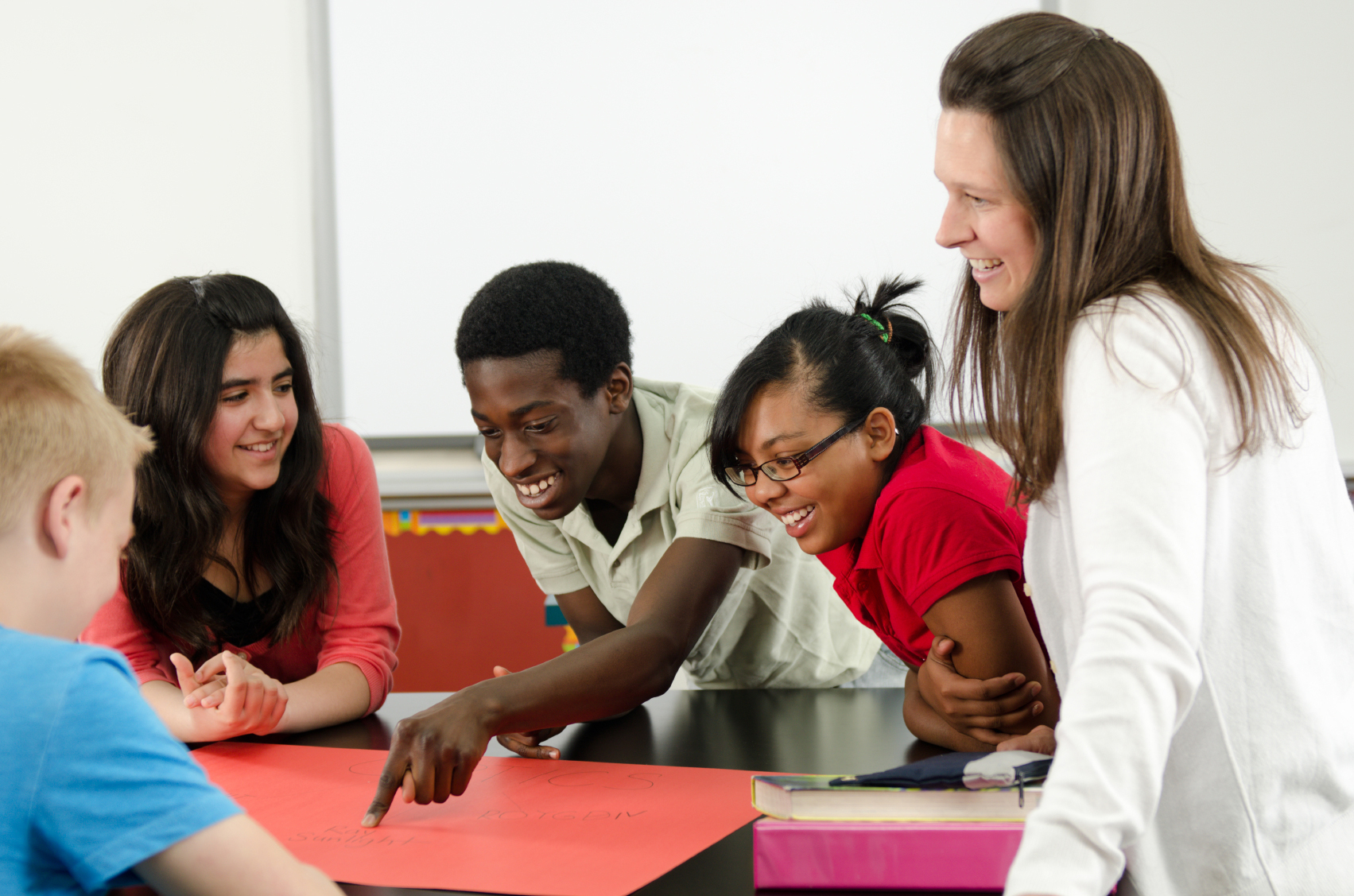“Social” as an adjective—as in social gaming, social media and social networks—is everywhere these days. So why is the North American educational industry so preoccupied with “personalized learning” today, the opposite of social experiences?
An excerpt from a new blog at THE Journal, titled K-12 Needs Social Learning!:
You are playing a social game, World of Warcraft, when your spouse suggests a dinner on the town. Since you are new to the area, you tap into your social network to find out where the best Mexican food can be had in Kearney (NE). After an old chum from high school, now living in Kearney, points you to Mi Casa, you login into Yelp using your social login, which you use for Facebook and all your other social networks to check for more social proof about the quality of the restaurant.
Social learning lessons from the real world
The business world learned that isolating workers has been detrimental. Working in cubicles didn’t enable employees to work together as teams. It didn’t encourage cooperating and collaborating to solve the problems faced in business, or, frankly, in life. Cubicles are now out of fashion.
And yet personalized learning proposes putting kids in front of monitors for long periods of time, alone. When every other aspect of their lives is now hyper social. The authors ask, “is this a recipe for success?”
We need to develop social learning skills; we need to learn to get along with each other. But, with the current focus on “personalized learning,” where students sit, with headphones, isolated from their peers, in front of computer screen, for a substantial part of the school day, K-12 is in grave danger of missing the point of education: to develop citizens who can work together, joyfully, in social harmony.
Read the whole article K-12 Needs Social Learning! here.
The blog is by Cathie Norris, a Regents Professor in the Department of Learning Technologies at the University of North Texas, and Elliot Soloway an Arthur F. Thurnau Professor in the Department of CSE, College of Engineering, at the University of Michigan. They write the blog Being Mobile at thejournal.com/beingmobile.
Social learning with Edsby
The Edsby learning management system does a great job of encouraging social interaction between students and teachers. It extends their interactions in the physical classroom. Familiar Facebook-like social feed capabilities and group collaboration features help students feel connected among themselves and to their teachers, in and out of class. Learn more about Edsby here.
